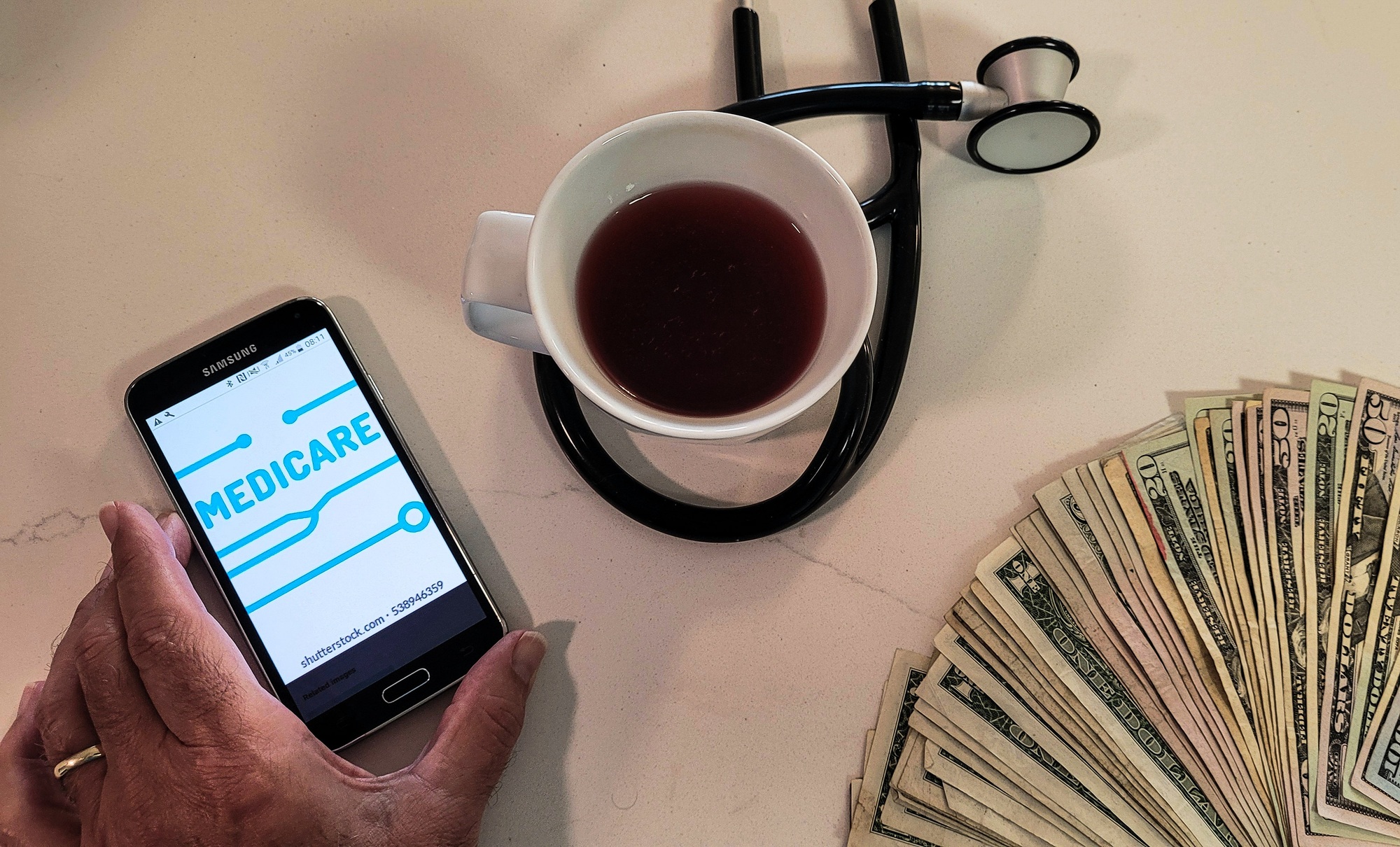Running a private healthcare practice means keeping up with regulatory standards, and sometimes that includes going through an audit by a regulatory agency.
Sure, audits can seem a bit intimidating, but they’re really just about making sure everything’s in line and accountable.
With some good preparation, you can get through them with confidence and keep things running smoothly in your practice.
Here’s how you can get ready for a healthcare audit without stressing out.
Understanding Healthcare Audits
Healthcare audits are a routine part of maintaining a practice. They ensure everything from financial records to patient care standards meet the required guidelines. For private practice owners, understanding what an audit involves is the first step to feeling prepared.
While the thought of an audit can be stressful, viewing it as an opportunity to improve your practice can help ease anxiety. A well-prepared practice not only completes audits smoothly but often improves its overall operations, too.
Get Your Documents in Order
The backbone of a successful audit is well-organized documentation. This includes having all patient records, billing statements, and compliance documents in perfect order.
The easiest way to start is by creating a checklist based on the specific requirements of the auditing agency you’re dealing with, whether it’s the CMS, or someone else.
Keeping your files updated and easy to access can save you from a last-minute scramble when an audit notice comes. Neglecting records can lead to a rush of activity that can rack up overtime hours and stress. Having organized documentation shows your professionalism and efficiency, giving auditors a smooth experience and putting your practice in a good light.
Double-Check Your Billing Practices
Billing issues can often become the focal point of an audit, with common pitfalls including coding errors or billing inconsistencies. Making sure that every claim is documented accurately is how to sail through this part of an audit.
Regularly cross-referencing patient charts with submitted claims can prevent unwanted surprises during an audit. Accurate coding not only simplifies the audit process but avoids financial inconsistencies that can arise from billing mistakes.
Set aside time to regularly review your billing practices and make adjustments as necessary.
Conduct a Quick Internal Audit
Think of internal audits as a dress rehearsal for the real audit. By running your own checks, you can identify and address potential errors before an auditor even steps foot in your practice.
This process might include spot-checking patient records and reviewing billing histories for accuracy. Internal audits are a priceless tool for improving quality and compliance, giving you the chance to correct discrepancies ahead of time.
They can change the audit process from a nerve-racking event into a manageable task.
Train Your Team for Success
A well-prepared team is your greatest asset during an audit. Clear communication and assigned roles—such as a document manager and a dedicated point of contact for the auditor—can streamline the process.
Mock audits are a great way to boost confidence and ensure readiness. By simulating an audit scenario, your staff can learn what to expect and how to handle the process professionally, creating a culture of preparedness within your practice.
Protect Your Data Like a Pro
Cybersecurity is vital in healthcare, not just for audit compliance but for protecting sensitive patient information. Having strong cybersecurity measures and regular backups of electronic health records can safeguard your practice from data breaches.
It’s wise to limit access to sensitive data strictly to authorized personnel, a strategy that strengthens both security and compliance efforts.
Stay Current with Regulations
Healthcare regulations are constantly evolving, and keeping up with these changes is key for compliance. Subscribing to updates from entities like the CMS or OIG ensures you’re aware of any new rules that might affect your practice.
Staying informed lowers the risk of noncompliance and helps you make needed adjustments quickly, cutting down on disruptions to your operations.
Wrapping Up
Preparation is key to handling healthcare audits with confidence. By keeping your documents organized, conducting internal reviews, training your team, securing your data, and staying informed, you’ll position your practice for success.
Remember, an audit is not a punishment—it’s a chance to demonstrate how efficiently your practice operates. With these steps, you can face any audit head-on, turning it into a testament to your practice’s excellence rather than a dreaded obligation.





